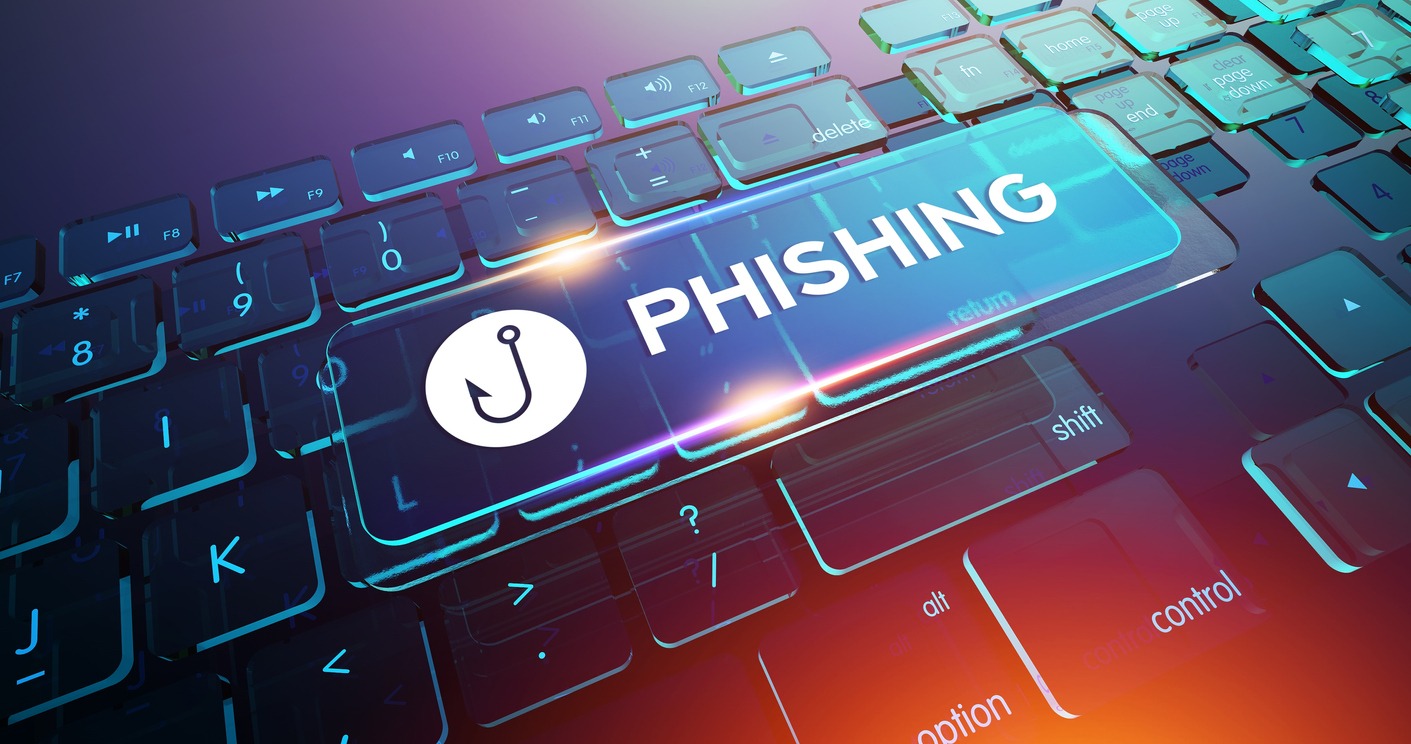
Online email scams are a growing threat, targeting individuals and businesses with fraudulent offers that seem legitimate. Cybercriminals use deceptive tactics to steal personal information and financial details or infect devices with malware. Identifying these scams can protect you from financial loss and data breaches.
Daily, countless scam emails flood inboxes worldwide, preying on unsuspecting victims. While some scams are easy to spot, others are cleverly disguised, making them difficult to detect. Scammers often use fear, urgency, and tempting offers to manipulate recipients into taking actions that compromise their security. Understanding the tactics used by cybercriminals and recognising red flags can prevent you from becoming their next target.
Online email scams are fraudulent messages designed to trick recipients into providing sensitive information or making financial transactions. Scammers often impersonate legitimate businesses, banks, or government agencies to gain trust. They use persuasive language, urgency, and tempting offers to manipulate victims.
These scams come in many forms, from fake lottery winnings to job offers that sound too good to be true. Many of these fraudulent emails contain links to malicious websites or attachments that can install harmful software on your device. Falling for one of these scams can lead to identity theft, financial loss, or even company-wide data breaches.
Phishing emails attempt to steal login credentials, financial details, or personal data. These messages often include links to fake websites that mimic legitimate ones. Once you enter your details, scammers gain access to your accounts.
Emails claiming you have won a lottery or sweepstakes you never entered are scams. They usually ask for payment or personal details to release your winnings. These scams rely on excitement and urgency to trick victims.
Scammers send job offers promising high salaries for minimal work. They may request upfront payments for training or processing fees, which are fraudulent. Always research the company before responding to unsolicited job offers.
These scams claim your device is infected with malware and urge you to call a fake support number. Fraudsters may request remote access to your computer or demand payment for fake repairs.
Cybercriminals impersonate company executives or vendors to request urgent wire transfers. These emails appear legitimate and are often highly targeted, making them difficult to detect without proper verification processes.
Scammers often use email addresses similar to legitimate ones but with slight differences. Always verify the sender before responding. A minor change in a domain name, such as replacing “company.com” with “c0mpany.com,” can indicate fraud.
Legitimate companies proofread their emails before sending them. Poor grammar and spelling errors are common signs of a scam. If an email appears unprofessional, it’s best to be cautious.
Hover over links without clicking to see the actual URL. Do not click if it looks suspicious or does not match the supposed sender’s website. Scammers use fake websites to harvest your credentials or install malware.
Scammers create urgency, claiming your account will be closed or your payment is overdue. They rely on panic to make you act without thinking. Take a moment to verify the legitimacy of such claims before taking action.
Emails that start with “Dear Customer” instead of your name may be scams. Legitimate companies usually personalise their messages. If an email does not address you directly, be cautious.
Unexpected email attachments may contain malware. Avoid opening them unless you verify their authenticity. Delete the email immediately if you receive an attachment from an unknown sender.
Implement spam filters and enable two-factor authentication to add an extra layer of protection against email scams. A well-configured email security system can block many scam emails before they reach your inbox.
Awareness is key. Regular training on identifying email scams can help prevent cyber threats. Businesses should conduct cybersecurity awareness programs to train employees on best practices.
Legitimate businesses will not ask for sensitive details via email. Always confirm through official channels before sharing any information. If an email asks for sensitive data, contact the company using a known phone number.
If you receive a scam email, report it to your email provider and the relevant authorities. This helps prevent others from falling victim. Many email services allow you to mark messages as phishing scams.
Partnering with a trusted IT service provider ensures your email security is up to date and helps protect against cyber threats. Cybersecurity professionals can implement advanced security measures to safeguard your business.
Online email scams are evolving, making it essential to stay vigilant. Protecting your business and personal data requires advanced security measures and expert guidance. At SystemForce IT, we provide top-tier cybersecurity solutions to safeguard your emails and prevent phishing attacks.
Our team specialises in email security, spam filtering, and advanced threat detection. We help businesses implement best practices to keep their networks secure. SystemForce IT has the expertise to keep you safe, whether you need a cybersecurity audit or ongoing protection.
Don’t wait until you fall victim to a scam. Contact SystemForce IT today for reliable cybersecurity solutions that keep your business safe.